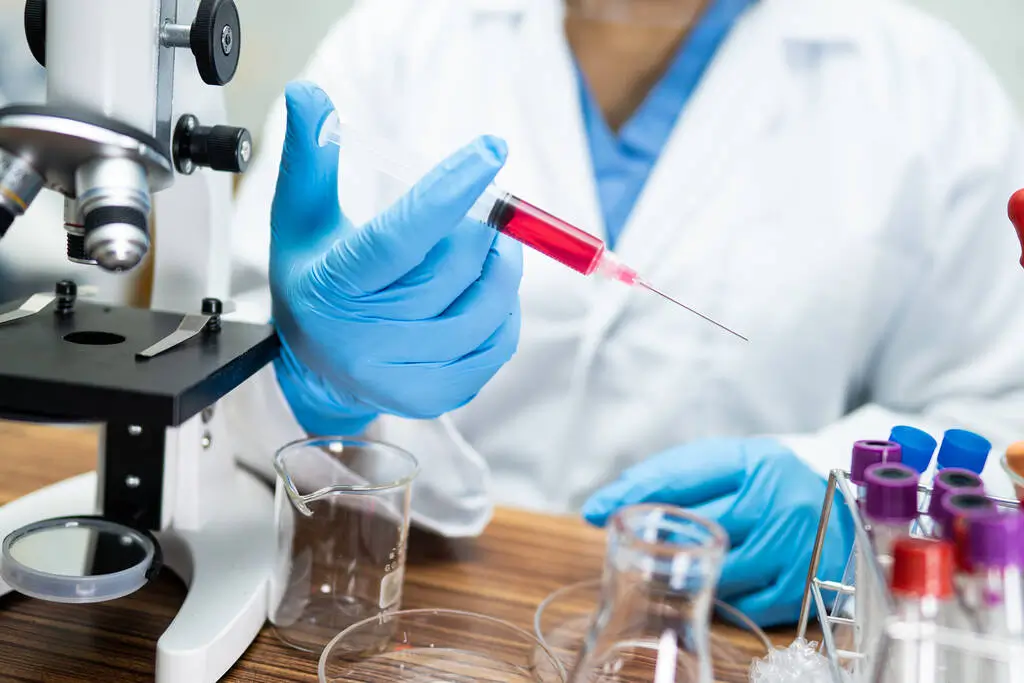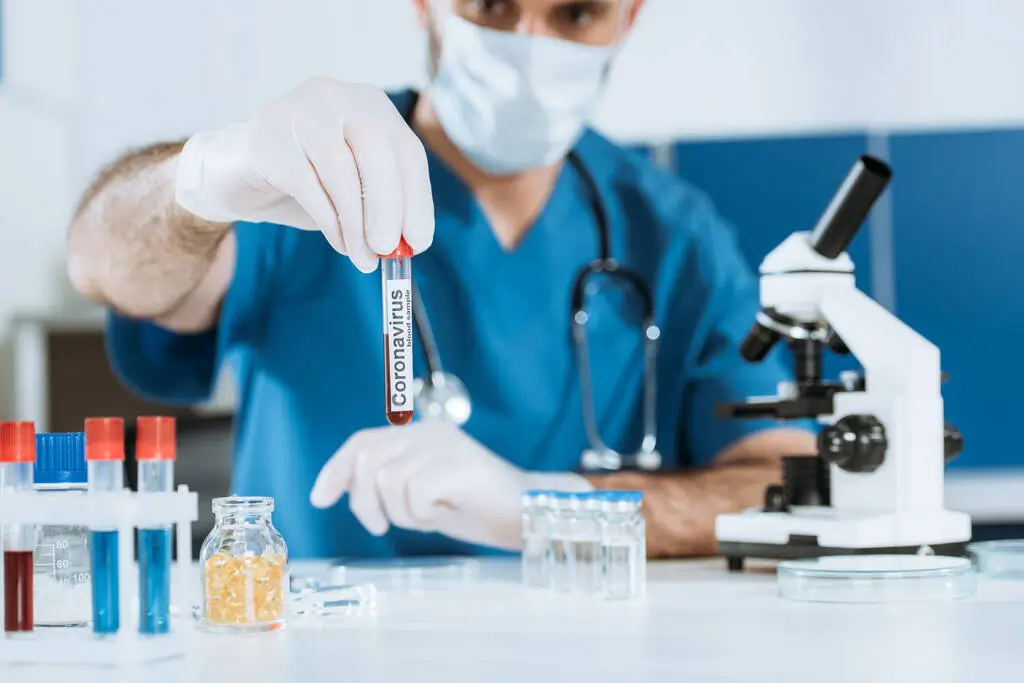Turning 30 is a milestone that often comes with increased health responsibilities. While you may feel young and energetic, early detection of potential health issues can prevent serious complications later in life. At Paheal, we believe proactive healthcare is the key to longevity.
This guide covers 10 essential medical tests recommended for adults over 30, explaining why they matter, how often you should get them, and what the results mean.
1. Complete Blood Count (CBC)
Why It’s Important:
A CBC test evaluates overall health by measuring red blood cells, white blood cells, hemoglobin, and platelets. It helps detect conditions like anemia, infections, and even early signs of blood cancers.
When to Get It:
- Every 1-2 years for general screening
- More frequently if you experience fatigue, weakness, or frequent infections
What Abnormal Results Could Mean:
- Low hemoglobin → Possible anemia
- High white blood cells → Infection or inflammation
- Abnormal platelets → Risk of clotting or bleeding disorders
2. Lipid Profile (Cholesterol Test)
Why It’s Important:
High cholesterol has no symptoms but significantly increases the risk of heart disease and stroke. A lipid profile measures:
- LDL (“bad” cholesterol)
- HDL (“good” cholesterol)
- Triglycerides
When to Get It:
- Every 4-6 years if normal
- Annually if you have risk factors (obesity, diabetes, family history)
What Abnormal Results Could Mean:
- LDL > 130 mg/dL → Increased heart disease risk
- HDL < 40 mg/dL (men) or < 50 mg/dL (women) → Poor cardiovascular protection
3. Blood Pressure Screening

Why It’s Important:
Hypertension (high blood pressure) is a “silent killer” linked to heart attacks, strokes, and kidney damage.
When to Get It:
- At least once a year
- More often if you have risk factors (stress, high-salt diet, family history)
What Abnormal Results Could Mean:
- >120/80 mmHg → Prehypertension (lifestyle changes needed)
- >140/90 mmHg → Hypertension (may require medication)
4. Blood Sugar Tests (Diabetes Screening)
Why It’s Important:
Early detection of prediabetes can prevent Type 2 diabetes through lifestyle changes.
Tests Include:
- Fasting Blood Glucose
- HbA1c (3-month average blood sugar)
When to Get It:
- Every 3 years if normal
- Annually if overweight or family history exists
What Abnormal Results Could Mean:
- Fasting glucose 100-125 mg/dL → Prediabetes
- HbA1c > 5.7% → Increased diabetes risk
5. Thyroid Function Test (TFT)
Why It’s Important:
An underactive or overactive thyroid affects metabolism, energy, and weight.
When to Get It:
- Every 5 years if no symptoms
- Sooner if experiencing fatigue, weight changes, or hair loss
Key Markers:
- TSH (Thyroid-Stimulating Hormone)
- Free T3 & T4
What Abnormal Results Could Mean:
- High TSH + Low T4 → Hypothyroidism
- Low TSH + High T4 → Hyperthyroidism
6. Liver Function Test (LFT)
Why It’s Important:
The liver processes toxins, and early damage often goes unnoticed.
When to Get It:
- Every 2-3 years
- Annually if you drink alcohol regularly or have obesity
Key Markers:
- ALT & AST (liver enzymes)
- Bilirubin (jaundice indicator)
What Abnormal Results Could Mean:
- Elevated ALT/AST → Fatty liver or hepatitis
- High bilirubin → Possible gallbladder issues
7. Kidney Function Test (KFT)
Why It’s Important:
Kidneys filter waste, and early kidney disease has no symptoms.
When to Get It:
- Every 2-3 years
- Annually if diabetic or hypertensive
Key Markers:
- Serum creatinine
- eGFR (estimated glomerular filtration rate)
What Abnormal Results Could Mean:
- eGFR < 60 → Possible kidney dysfunction
8. Vitamin D Test
Why It’s Important:
Vitamin D deficiency is linked to bone weakness, fatigue, and immune dysfunction.
When to Get It:
- Every 2-3 years
- Annually if you have limited sun exposure
What Abnormal Results Could Mean:
- <20 ng/mL → Deficiency (may require supplements)
9. Bone Density Scan (DEXA for Osteoporosis Risk)
Why It’s Important:
Early bone loss can lead to fractures later in life.
When to Get It:
- Baseline at 30 if high risk (family history, low calcium intake)
- Routine at 50+
What Abnormal Results Could Mean:
- T-score -1 to -2.5 → Osteopenia (early bone loss)
- T-score < -2.5 → Osteoporosis
10. Cancer Screenings
a) Pap Smear (Women)
- Every 3 years (30-65)
- Detects cervical cancer early
b) PSA Test (Men)
- Optional at 40+ if high risk
- Screens for prostate cancer
c) Colon Cancer Screening
- Start at 45 (stool test or colonoscopy)
Final Thoughts
Preventive health screenings save lives. While this list covers the basics, always consult your doctor for personalized advice.
At Paheal, we empower you with knowledge—because the best treatment is early detection.

